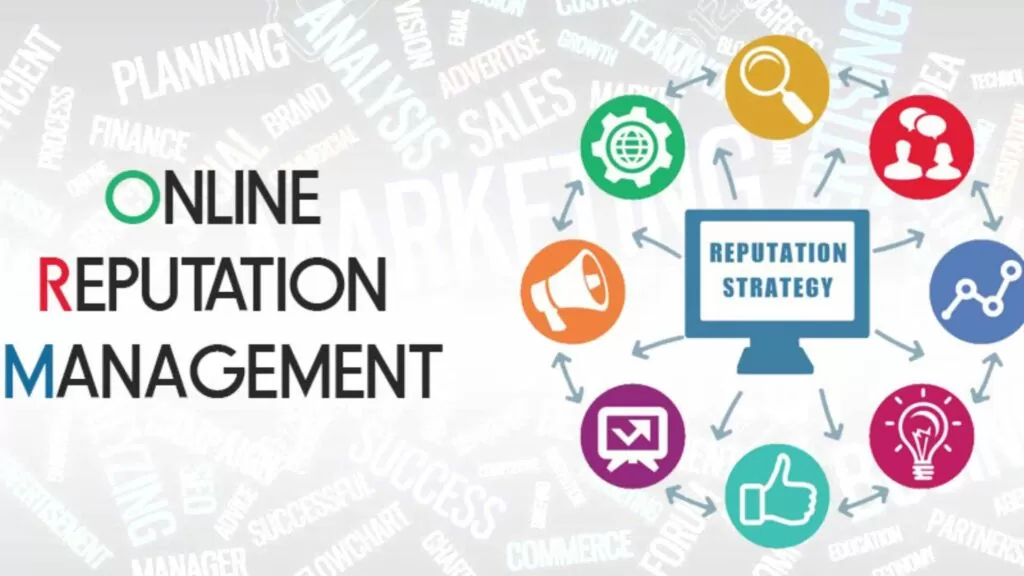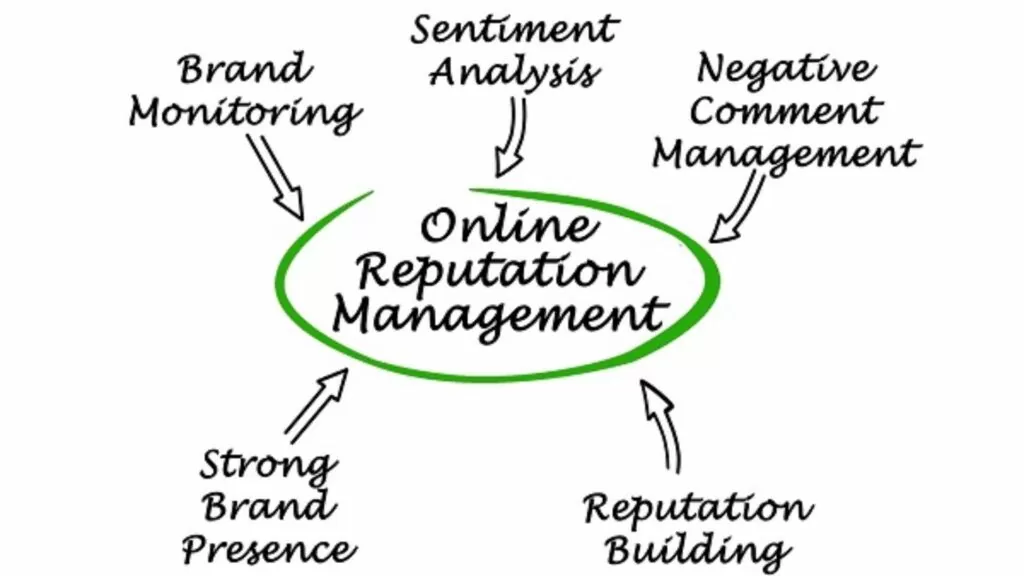In today’s digital landscape, where information spreads like wildfire and opinions shape brand perceptions, the importance of maintaining a positive online reputation cannot be overstated. This is where the art and science of SEO reputation management come into play, offering a strategic approach to protecting and enhancing your brand’s online image. The following is the Ultimate Guide to SEO Reputation Management, providing you with actionable marketing strategies to safeguard your brand’s reputation while fostering business growth.
Understanding The Significance Of Online Reputation
A person’s reputation is crucial in the business world. Your online reputation becomes a crucial consideration in the decision-making process for potential customers as they use search engines and other online platforms to research products and services. Positive internet sentiment can grow a brand’s reputation, draw in new clients, and promote long-term success. On the other hand, negative content or reviews can deter potential customers, resulting in lost opportunities and revenue.
The Foundation Of SEO Reputation Management

Integration Of SEO And Reputation Management: SEO reputation management is the synergy of search engine optimization (SEO) strategies with targeted reputation management initiatives. This approach aims to ensure that positive content takes centre stage in search results, pushing negative content further down the rankings.
Vigilant Monitoring And Analysis: Effective reputation management begins with diligent monitoring. Leveraging advanced tools and platforms, you can track mentions, reviews, and comments related to your brand across various online channels. Regular analysis helps you identify emerging trends, address potential issues, and stay ahead of the curve.
Strategic Content Creation: Crafting compelling, high-quality content is at the heart of reputation management. Develop content that aligns with your brand’s identity and values, encompassing diverse formats such as blog posts, videos, infographics, and more.
Keyword Optimization: Incorporating relevant keywords in your content enhances its visibility in search engine results. Focus on keywords that are associated with your brand, industry, and positive attributes.
Strategies For Effective SEO Reputation Management

Addressing Negative Content: If negative content exists, address it proactively. Reach out to the concerned party and strive to resolve the issue amicably. Where possible, encourage them to update or modify their review. Publicly responding to negative comments showcases your commitment to resolving customer concerns.
Creating Positive Reviews: Encourage pleased clients to post positive comments on review sites like Yelp, Google My Business, and sector-specific websites. Positive reviews serve as social proof, counterbalancing any negative content.
Leveraging The Power Of Social Media: Maintain an active and engaging presence on social media platforms. Share valuable content, interact with your audience, and respond promptly to comments and messages. Social media provides a platform to showcase your brand’s personality and values.
Proactive Management Of Online Profiles: Take ownership of your brand’s profiles on review sites, directories, and social media platforms. Ensure that these profiles are complete, accurate, and consistent, reinforcing your brand’s credibility.
Thought Leadership And Guest Posting: Establish your brand as an industry thought leader by contributing guest posts to respected websites. Insightful content not only positions you as an expert but also boosts your brand’s credibility.
Harnessing Online PR And Media Coverage: Create and distribute press releases highlighting your brand’s achievements, innovations, and positive contributions. Securing media coverage from reputable sources enhances your brand’s credibility.
Prompt Issue Resolution: Address customer concerns proactively to prevent escalation. Promptly addressing issues and offering solutions demonstrates your commitment to customer satisfaction.
Incorporating SEO Techniques For Reputation Management

Optimize Your Official Website: Ensure that your brand’s official website is optimized for relevant keywords. Include positive content, such as success stories, testimonials, and case studies, to rank higher in search results.
Maintain An Informative Blog: A blog on your website offers an avenue to share valuable insights related to your industry. This not only positions you as an industry authority but also contributes to positive search results.
Implement On-Page Seo Practices: Incorporate on-page SEO techniques, such as optimizing meta titles, descriptions, headings, and image alt text, to enhance the visibility of your content in search results.
Build High-Quality Backlinks: Secure backlinks from reputable and authoritative websites to your positive content. These backlinks signal to search engines that your content is valuable and trustworthy.
The Role Of Reputation Management Companies
While many businesses opt for a DIY approach to reputation management, enlisting the services of professional reputation management companies offers distinct advantages. These experts possess in-depth knowledge to craft tailored strategies, navigate complex situations, and deliver impactful results. They have access to advanced tools, methodologies, and resources that streamline the reputation management process.
Final Words
In a world driven by digital interactions, a robust online reputation is a cornerstone of success. SEO reputation management goes beyond damage control—it empowers you to strategically shape and enhance your brand’s digital narrative. By proactively managing, optimizing, and curating your online presence, you can build a reputation that not only attracts customers but also fosters trust, credibility, and sustainable growth. Embrace the potential of SEO reputation management and proactively steer the story of your brand in the dynamic realm of the digital age.




